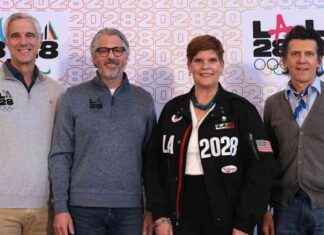Félicien Kabuga is believed to be responsible for the murder of at least 800,000 people. The defendant dismisses this as a “lie”. The trial before the UN war crimes tribunal in The Hague should now bring clarity.
Almost three decades after the Rwandan genocide, the trial of an alleged mastermind and financier has begun. Prosecutors told the UN war crimes tribunal in The Hague that Félicien Kabuga actively supported and enabled the mass murder in 1994. The businessman, now around 87 years old, has been charged with genocide and crimes against humanity.
It is one of the last trials of the 1994 genocide. In just about 100 days, Hutu-majority militias murdered members of the Tutsi minority. At least 800,000 people were killed. Hundreds of thousands of people have been victims of sexual violence.
The trial began in the absence of the accused. Kabuga refused to participate, said presiding judge Iain Bonomy. According to the indictment, Kabuga was “the richest man in Rwanda” in 1994, had great political influence and was closely linked to political power. According to the indictment, he had financed the Interahamwe Hutu militia, equipped them with weapons such as machetes and had also actively incited them to violence. He also founded the radio and TV station RTLM, which called for the massacre of the Tutsi minority. At a first appearance in court, Kabuga dismissed the charges as “lies.”
Kabuga is one of the last accused of genocide. He was on the run for almost 30 years. In 2020 he was arrested in Paris and handed over to the court in The Hague. His lawyers had unsuccessfully called for the case to be dropped, citing his poor health. However, the judges had decreed that the trial should take place in The Hague, where the accused would receive medical care. Typically, Rwanda genocide trials take place in Arusha, Tanzania.







